In India, infectious diseases have been identified as a major cause for the increase in mortality rates and morbidity among socially and economically weaker sections. Hepatitis B & C are predominant in this, with an estimated 40 million Hepatitis B (HBV) affected and 15 million Hepatitis C (HCV) affected population in India (2006). Every year about 100,000 die from HBV infection (Source: National Centre for Disease Control, Ministry of Health and Family Welfare, Govt. of India). In December 2010, as part of UWM's Community Impact initiative, UWM conceptialised and initiated the Yuvroshni project for prevention of Hepatitis B & C infections through the Information-Education-Communication (IEC) model, Community Participation and Targeted Immunization across high risk locations in Mumbai.
The term "Yuvroshni" can be split into two - 'yuva', meaning youth and 'roshni', which means light. The name, therefore, expicitly highlights the campaign's integral stakeholder - the youth. UWM's target was to get the youth of Mumbai to play the role of trained volunteer health educators, who can engage themselves in enlightening the high-risk communities on the perils of Hepititis B and C, thereby helping curb the spread of these diseases.
The Yuvroshni project aimed to:
- Strengthen the Expanded Program of Immunization (EPI) in the public healthcare system by promoting maximum coverage of HBV vaccine.
- Increase community awareness on HBV and HCV and the importance of immunization.
- Train healthcare providers on HBV and HCV infections
- Better equip testing and vaccination facilities for high-risk groups, along with health education.
In order to ensure sustained and far reaching impact, United Way Mumbai adopted a multi-stakeholder participatory approach while implementing initiatives for Information-Education-Communication (IEC) with community participation and targeted immunization through its partner NGOs. This project was aimed at increasing the level of awareness among the citizens and high risk populations about Hepatitis with a focus on prevention and early detection of cases. It also aimed at helping convince public health personnel about the urgent need to enhance services to treat/control hepatitis and ensure that the public healthcare system carries forward and sustains the impact created by the Yuvroshni project in reducing the number of HBV and HCV infected persons. Keeping in mind the project objectives, the program targeted High risk groups like migrant workers, interstate truck drivers, people from the transgender community, women commercial sex workers (CSW) and their clients, especially single male migrants as well as partners/ spouses of the clients of the aforementioned high-risk groups.
Under the project, 8941 persons were tested for HBV, of which 8922 received vaccination. Total of 4200 trained college youth reached out to 227,595 citizens to spread knowledge on HBV and HCV. The Yuvroshni project has been able to achieve greater scale of outreach and impact among the vulnerable sections of the population in the cities of Mumbai and Navi Mumbai.
